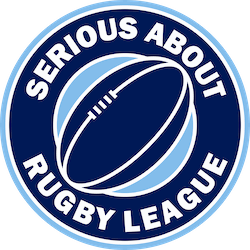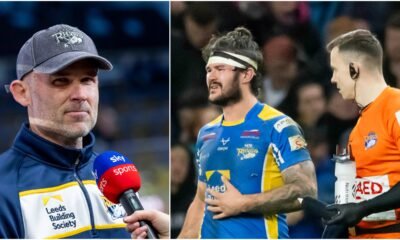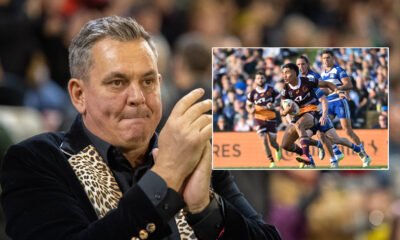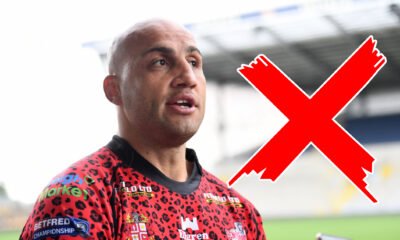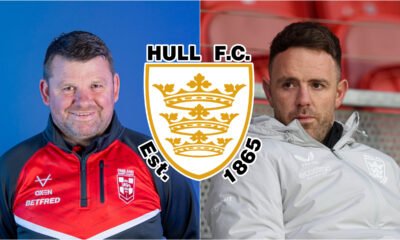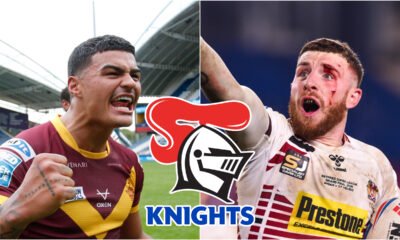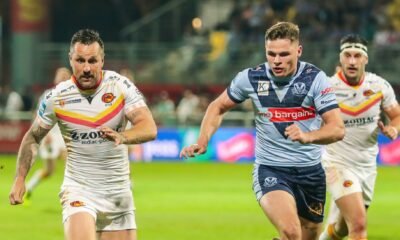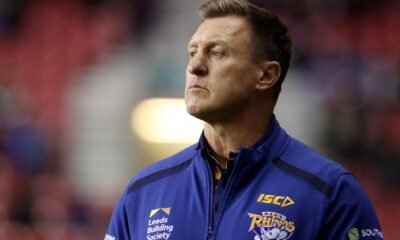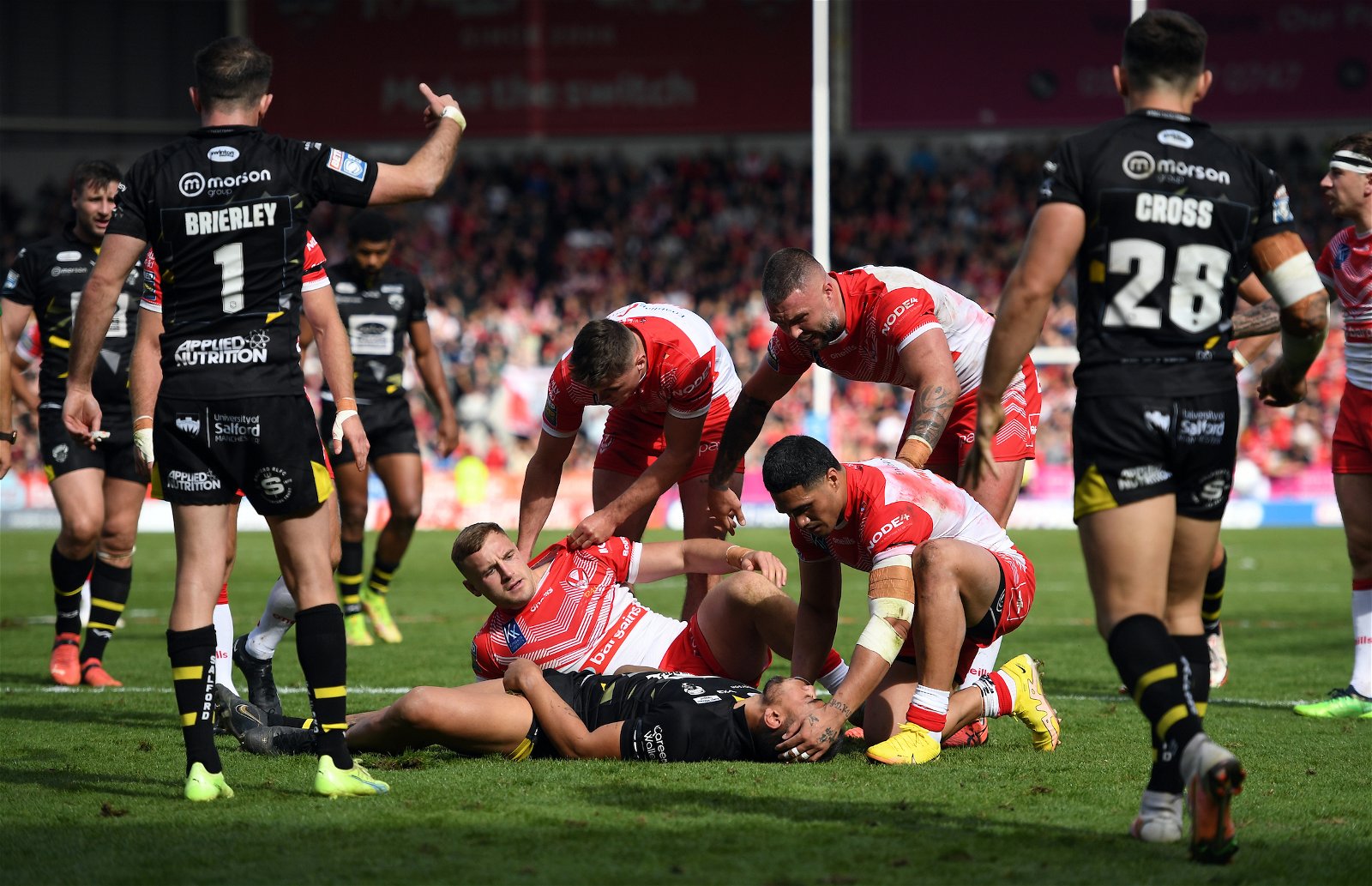
The Australian Rugby League Commission (ARLC) has approved changes to the NRL’s head injury protocols, including the introduction of a mandatory 11-day stand-down following a diagnosed concussion.
This system has been used in Super League now for over a year. It meant that Brodie Croft missed Salford Red Devils’ semi-final clash with St Helens and that Leeds Rhinos star Aidan Sezer was absent for the Grand Final showing exactly how it is a double edged sword.
It was also applied in the Rugby League World Cup last year.
The Commission approved the new stand-down procedure following a review of the data and advice from a range of experts.
The new requirement, which applies to concussions diagnosed both at training and during games, will take effect from Thursday 16 March 2023 being the commencement of Round 3.
ARLC Chairman Peter V’landys AM said: “There is no greater priority for us than player safety. It’s front and centre of everything we do.
“Our current head injury protocols are exceptionally strong. Following a review of the data and the expert advice we have received, the Commission have enhanced these protocols even further by providing a mandatory 11 day stand down period following a diagnosed concussion.”
In exceptional circumstances, Clubs will have the ability to apply for exemption to the 11-day stand-down period, through a review by an independent neurological expert appointed by the NRL. This application will only be allowable where the following set criteria are met:
Category 1 signs/symptoms are not observed
The player is asymptomatic the day following the concussion
Cognitive testing has returned to normal
The player has suffered fewer than five previous career concussions
The player has no previously diagnosed concussions within the previous three months
The player has no history of a previous concussion with prolonged recovery
The Commission will continue to procure the best scientific information from experts in the field. Further, the Commission will continue to monitor the latest technologies including blood and saliva testing as a tool for diagnosing concussion and continue to implement programs such as tackle technique education and tools to further prevent injuries. Player welfare is and will always be the number one priority.
